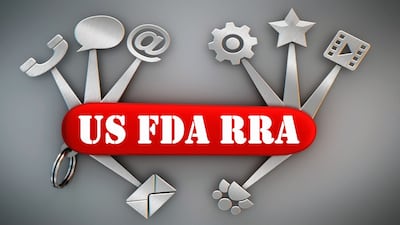Ophthalmology companies have long recognized that an enormous number of consumers will pay out-of-pocket for the benefit of being able to see without wearing glasses. The success of LASIK (laser-assisted in situ keratomileusis) has born this out. In the US, 2 million patients pay an average of $2,000 per eye to correct nearsightedness, and to some degree, farsightedness, in a procedure that uses lasers to flatten or steepen cornea. But the population of patients most willing and able to pay for options that give them freedom from spectacles, middle-aged presbyopics, currently has no refractive surgery option.
Presbyopia, the disorder that results in the need for reading glasses as people age, isn't helped by laser surgery, since...
Welcome to Medtech Insight
Create an account to read this article
Already a subscriber?






